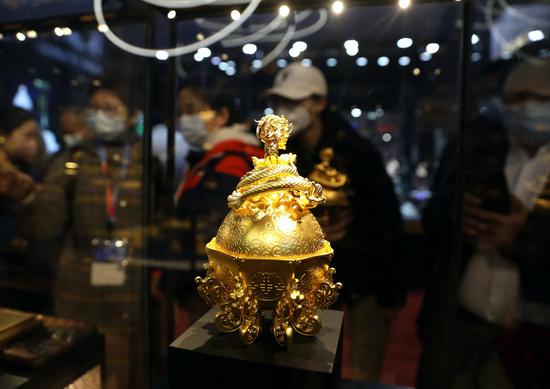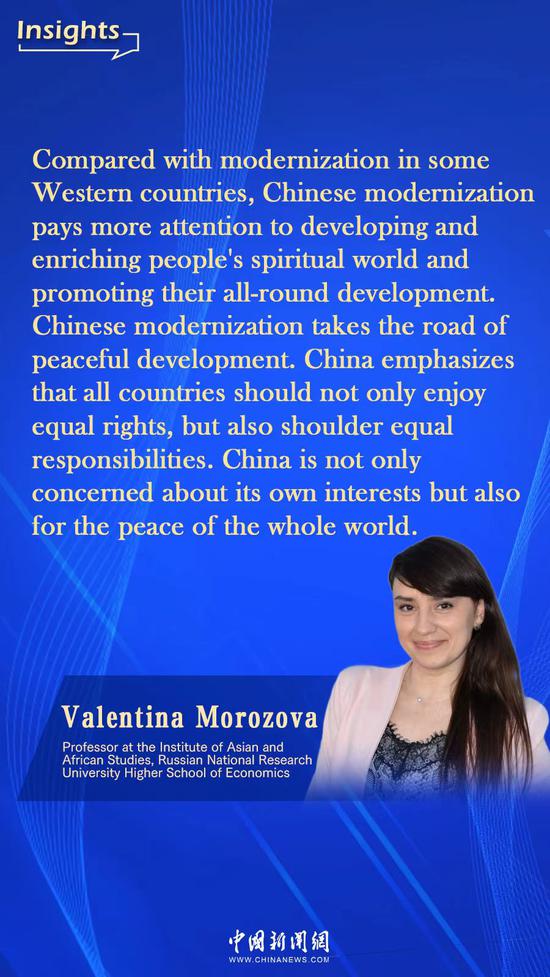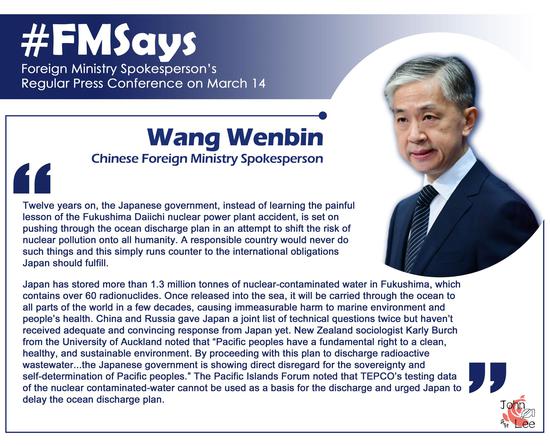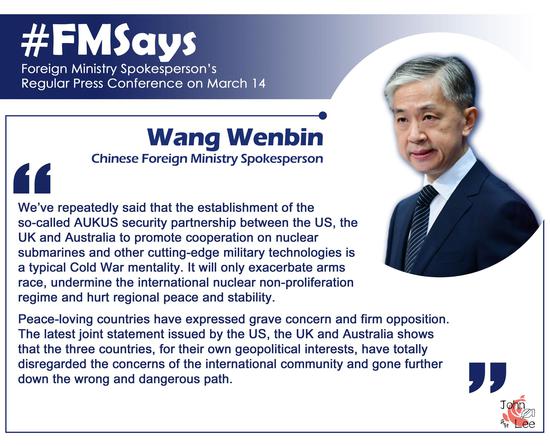China's holdings of United States Treasuries fell to $859.4 billion from $867.1 billion in December, the sixth consecutive month of decline and its lowest level since the global financial crisis.
China is not the only country selling off U.S. debts. As the world's two largest holders of U.S. debts, Japan and China reduced their holdings by $224.5 billion and $173.2 billion respectively in 2022. France, Saudi Arabia, Israel and some other countries sold large amounts of U.S. Treasury bonds last year, while Belgium, Luxembourg and Ireland did so in February.
The reduced holding of U.S. debt by an increasing number of countries is closely related to the U.S.' monetary policy. In 2020, the Federal Reserve launched a new round of quantitative easing, lowering interest rates to zero. Such an unprecedentedly loose monetary policy has not only diluted U.S. debts, but also made more countries realize that the dollars in their hands are worth less.
However, since March 2022, after eight hikes in succession, the Fed raised interest rates to the 4.5-4.75 percent range. As a result, financial institutions holding U.S. Treasury bonds, government-backed agency bonds, mortgage-backed securities and other U.S. dollar-denominated bonds have suffered huge losses. The collapse of the Silicon Valley Bank was ostensibly a kind of forced bankruptcy caused by a liquidity shortage, but it was linked to the declining value of the huge U.S. Treasury assets it held.
Worse, to save its rocky financial system, the U.S. is likely to pump more money into the market. Given that the U.S. dollar is the leading global hard currency, which gives the U.S. advantages of printing money, this will cause direct losses to the countries and individuals holding U.S. treasuries, making them indirectly bear the cost of bailing out U.S. depositors.
The U.S. authorities must worry about balancing high inflation and the risk of a recession. From a long-term perspective, the U.S. is expected to continue its loose monetary policy, and other countries will thus continue to reduce their holdings of U.S. treasuries out of concern.
In a complex and volatile environment, China's prudent and normal monetary policy has contributed to its steady and sound economic growth and a rare economic environment of low inflation. The openness, stability and development of China's market have also provided diversified opportunities and choices to world investors.


















































 京公网安备 11010202009201号
京公网安备 11010202009201号